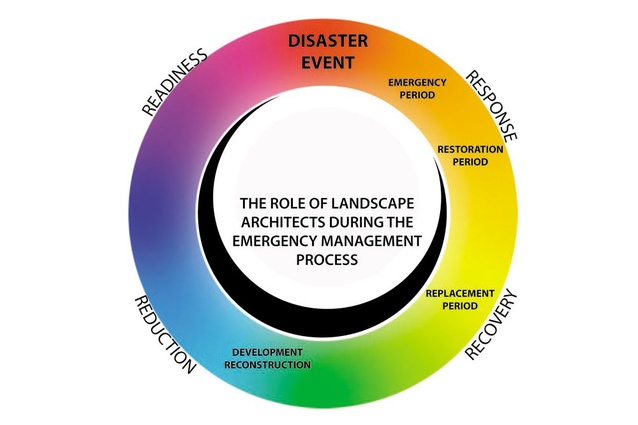The Role Of Civil Engineering In Developing Resilient Disaster Management Systems
In the modern world, people face various disasters, from natural calamities to pandemics. As the human population rises, so does the risk of disasters. Therefore, it is essential to have effective management systems to ensure the safety of people and properties. One of the ways to achieve this is by developing expert (knowledge-based) systems for disaster management. Such systems incorporate knowledge from experts and provide timely, accurate, and effective solutions to disasters.
FAQs
What are expert systems for disaster management?
Expert (knowledge-based) systems for disaster management are computer programs that integrate knowledge from experts in various fields related to disaster management. The systems use this knowledge to provide solutions to the problems at hand.
How do expert systems work?
Expert systems use a decision-making process that involves searching through a knowledge base to find information that relates to a particular problem. The system then applies heuristic rules and procedures to the information and arrives at a solution.
What are the benefits of expert systems for disaster management?
There are numerous benefits of using expert systems for disaster management, including:
- Timely response to disasters.
- Accurate and effective solutions to problems.
- Reduced damage to properties and casualties.
- Efficient use of resources.
What are some examples of expert systems for disaster management?
There are several expert systems that have been developed for disaster management, including:
- The National Oceanic and Atmospheric Administration's Decision Support Systems for Natural Disasters.
- The California Integrated Seismic Network's ShakeAlert System.
- The United Nations' Integrated Early Warning System for Tsunamis and Other Coastal Hazards in the Caribbean and Adjacent Regions.
Conclusion
In conclusion, expert (knowledge-based) systems for disaster management are crucial in ensuring the safety of people and properties. The systems provide timely, accurate, and effective solutions to disasters and reduce damage to properties and casualties. There are numerous benefits to using such systems, including efficient use of resources. Several expert systems have been developed for disaster management, and more are under development.
With the rising risk of disasters in the modern world, the development and use of expert systems for disaster management are imperative. These systems not only enhance the safety of people and properties but also improve disaster management efficiency.
Therefore, it is crucial to continue investing in research and development of expert systems for disaster management to enhance resilience to disasters in the modern world.
Stay Safe!


Post a Comment for "The Role Of Civil Engineering In Developing Resilient Disaster Management Systems"